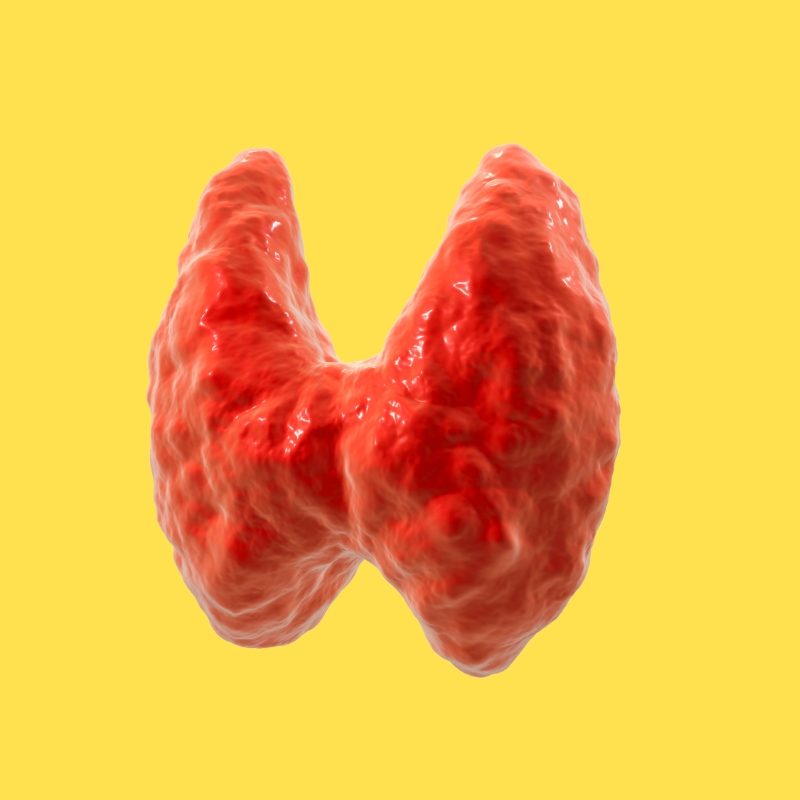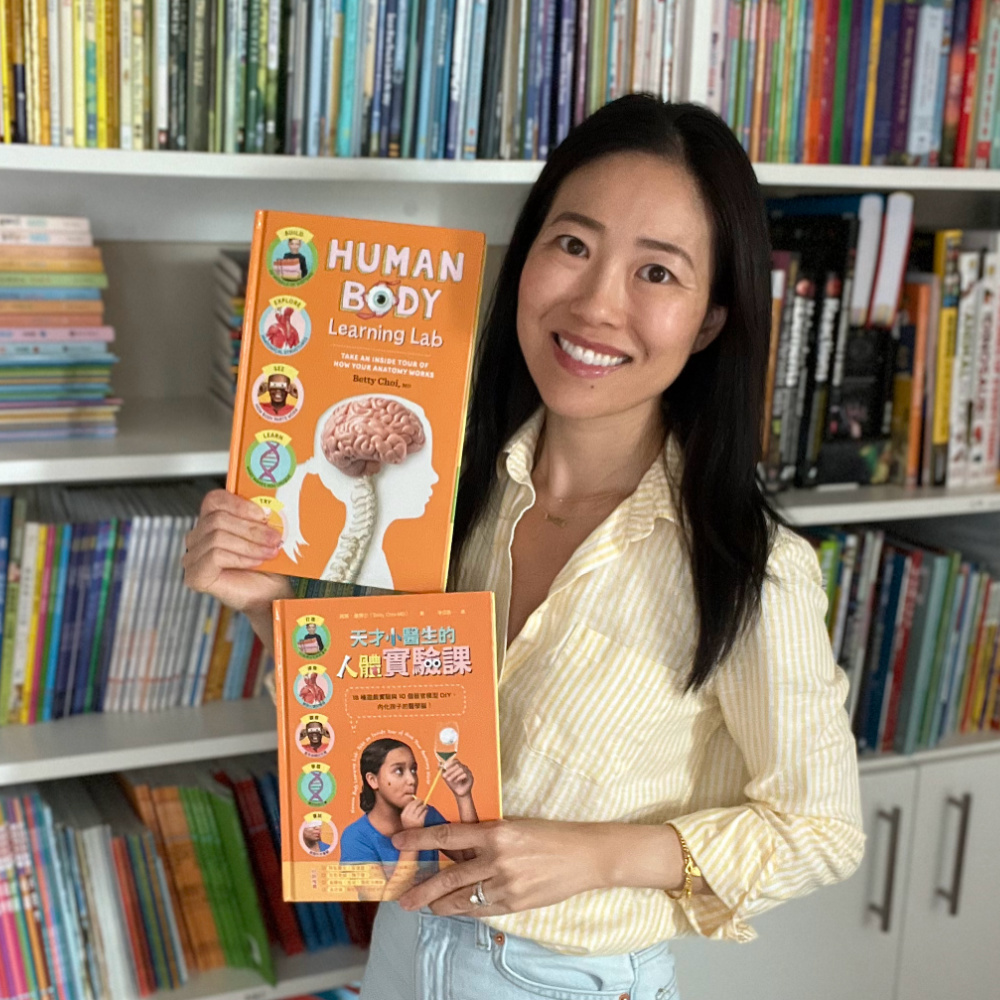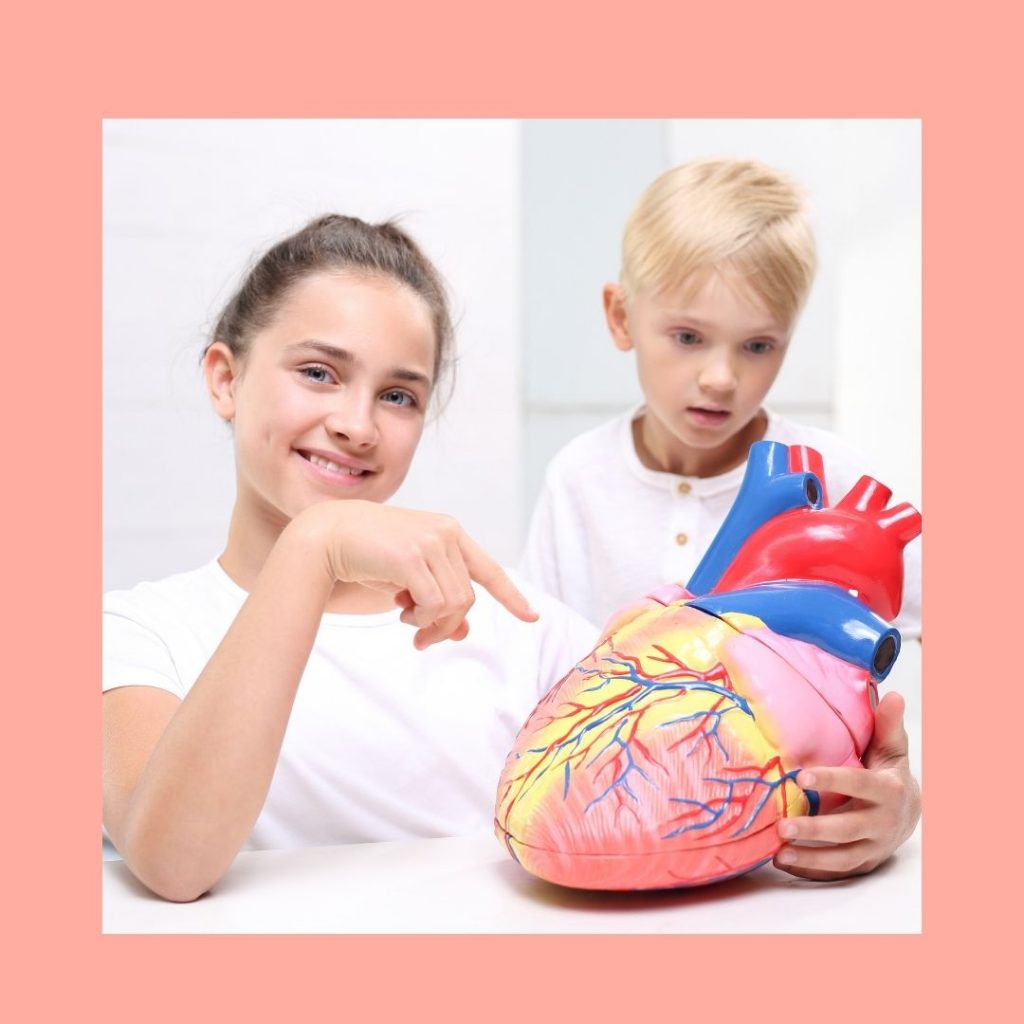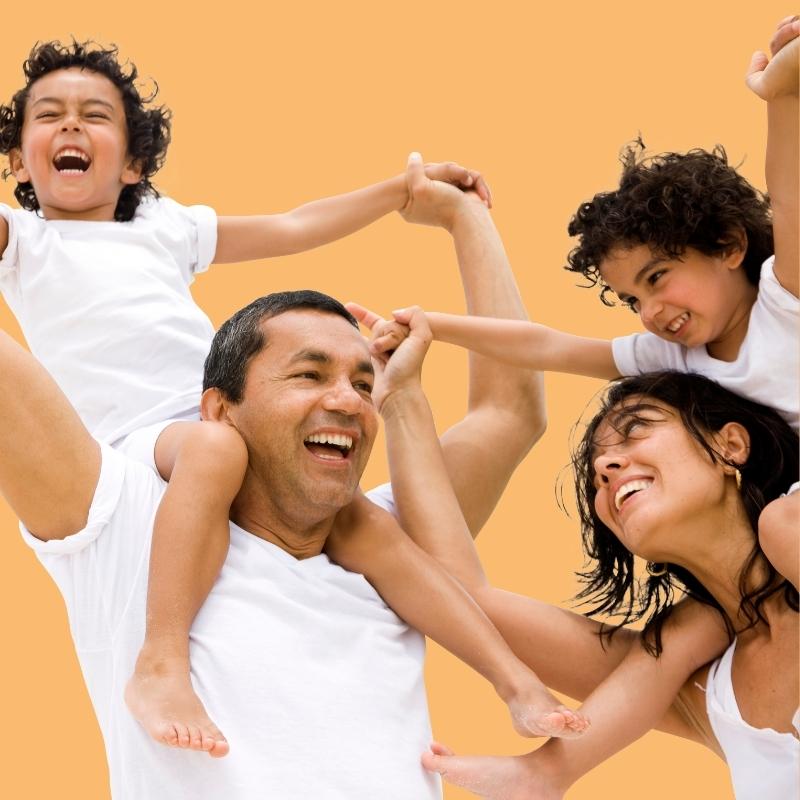All About Puberty: Facts for Kids and Teens
Do you know anyone who’s going through puberty? Puberty comes with lots of changes, and it’s an important part of growing up. The good news is that learning about puberty can help you know what you expect. Kids and teens can be healthy and safe when they learn basic facts about puberty.
Important facts about puberty

Puberty is when you change from being a young kid into a stronger, more capable teenager.
The process starts when the brain releases special hormones that tell your body, “It’s time to grow up!” From start to finish, this transformation takes a few years.
Here are facts about puberty that kids and teens should know!
Puberty changes your bones.
When babies are born, the skeleton has a lot of soft, flexible cartilage. During puberty, bones get bigger and more dense.
Around age 16, hard, firm bones replace most of the cartilage in your body.
How can you help your bones grow strong? Try to exercise and eat calcium-rich foods every day.
Puberty changes the way you smell.
For many kids, sweaty body odor is noticeable before other puberty changes.
That’s because hormones trigger the sweat glands in your skin to make more sweat. The bacteria on your skin digest your sweat, creating body odor.
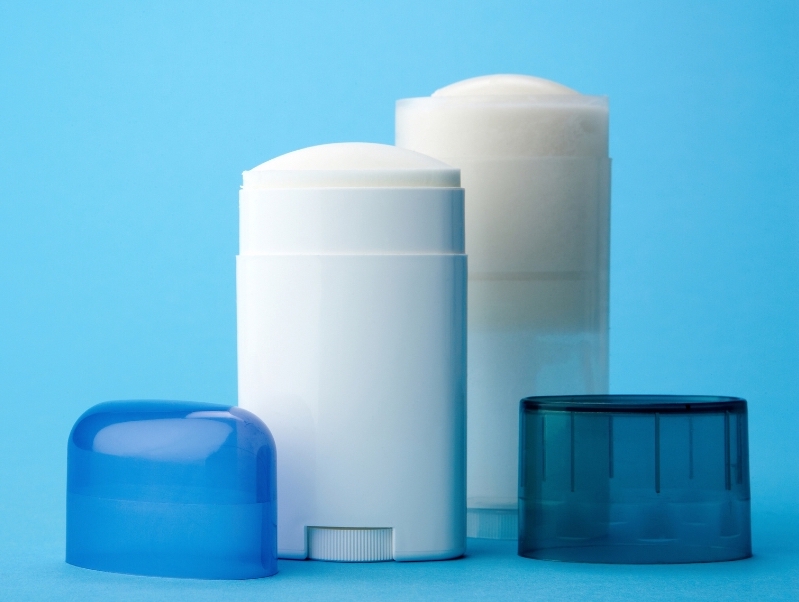
How do people deal with this sweaty skin fact during puberty?
The good news is that daily showers, deodorant, and regular clothes washing can keep those odors away, especially on extra hot days.
According to some research studies, eating more fruits and vegetables might help you smell better!
Puberty changes your hair.
New hair here, new hair there, new hair where? Thanks to puberty hormones, hair grows in new areas around your body.
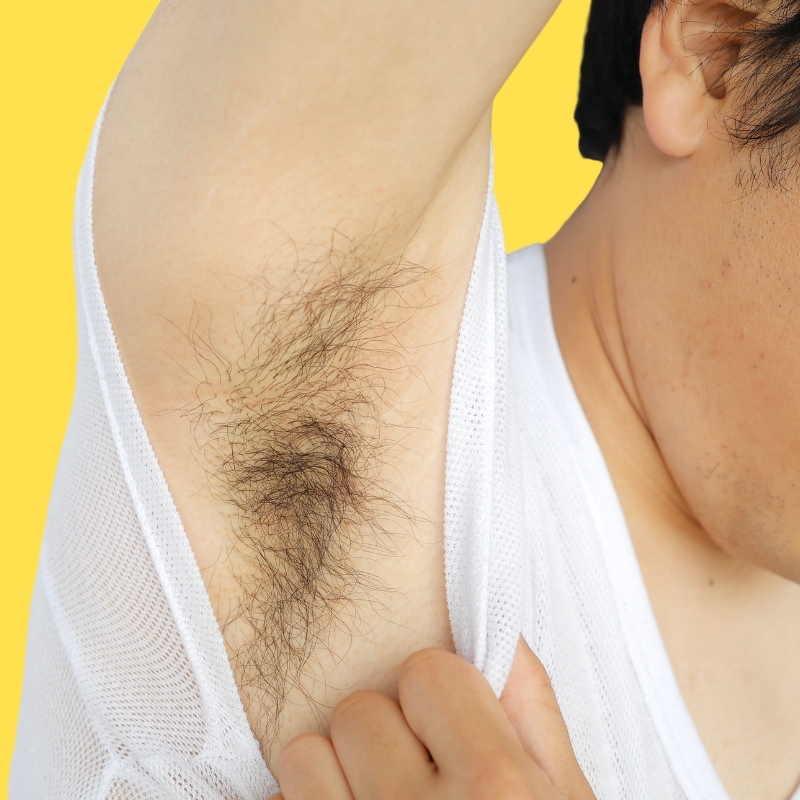
During puberty, everyone grows hair in the armpits and pubic areas. Arm and leg hairs also get thicker and darker. For most kids, these are the very first signs of puberty.
Boys will also grow hair around their lips, cheeks, and chins. During the teenage years, facial hair can get thick and dark enough to become a mustache and beard.
It’s also common for girls to grow new hair on the face, though it’s usually sparse compared to boys. Sometimes, people forget about this fact about puberty.
Puberty changes your shape.
As your body grows taller, it becomes heavier, too.
Other changes depend on whether you’re a boy or girl:
- Boys tend to get broader shoulders. Even the voice box gets bigger; it often becomes a noticeable bump in the neck as the voice gets lower. The penis and testicles grow larger, too.
- Girls tend to get wider hips, and their breasts start to grow bigger, too. Every month, girls also start to get their period, which lasts for a few days.
Puberty changes your skin.
Puberty hormones can trigger oil glands in your skin to make too much oil. This can clog your skin pores, which can then cause a buildup of dead skin cells and bacteria. As a result, the pores can get swollen and red, leading to pimples on the skin.
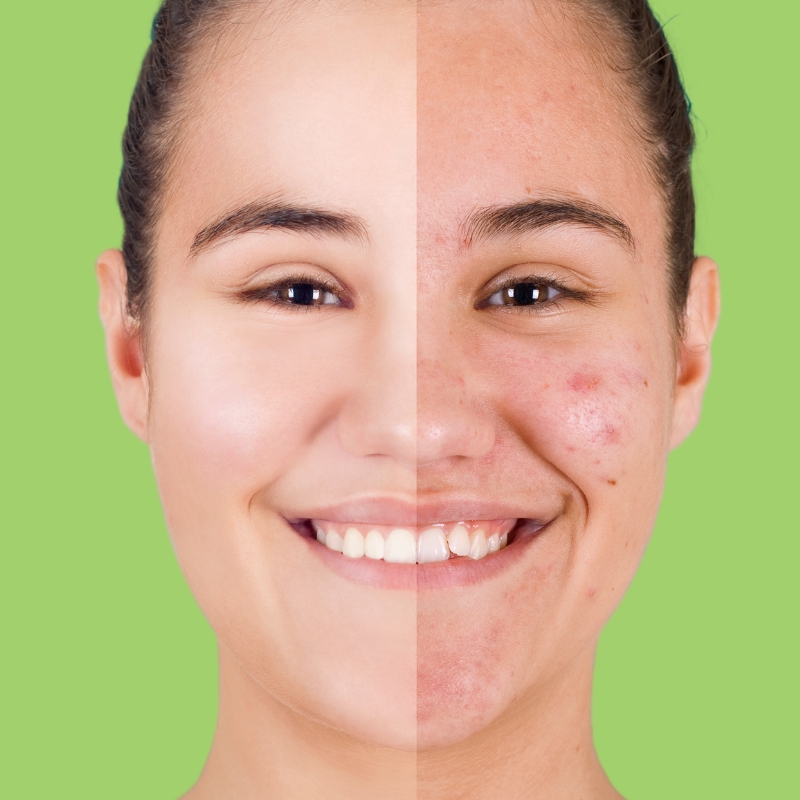
Pimples usually pop up on the face, chest, and back. That’s because the skin in these areas has the most oil glands.
Even though pimples are a common part of puberty, they can be uncomfortable for a lot of people. Washing your skin with gentle soap and sleeping well at night can help.
For most people, pimples calm down and get better after puberty.
Puberty changes your mood.
As your body adjusts to hormonal changes, so does your mind.
Puberty often feels like an emotional rollercoaster. It’s common for kids and teens to feel confused, frustrated, or worried. Your emotions might catch you by surprise as your mood suddenly changes or feels more intense than expected.
Tip: This fact about puberty might require more support than others. Dealing with these thoughts and feelings can be tough, especially as you first learn how to cope with your emotions. Talking to a trusted friend, sibling, parent, or teacher can greatly help.
You can also write about your emotions in a journal. Exercise and mindfulness are other helpful ways to feel better and control your emotions.
Puberty changes your sleep.
With major puberty changes, getting plenty of sleep is super important!
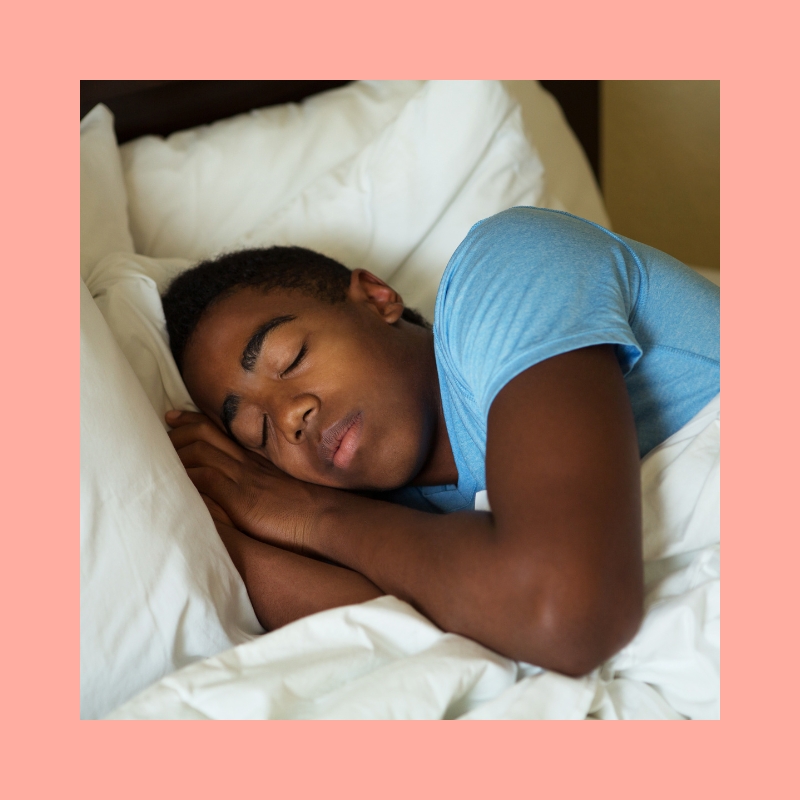
Most teenagers need around 9 hours of sleep every night. So, what’s the best time to head to bed? Great question!
Before puberty, the body usually feels sleepy around 8 p.m. During puberty, the body’s sleep cycle shifts a few hours later. So the body starts to feel sleepy around 10 o’clock.
To get enough sleep at night, tween and teens should wake up later.
In real life, this can be tricky due to school schedules. Teachers, doctors, and policymakers are brainstorming ways to make school start times healthier and practical.
More puberty facts kids should know…
When your body starts puberty, your brain releases gonadotropin-releasing hormone (GnRH). Then, the GnRH hormone tells other parts of your body to make more hormones.
For girls
Puberty usually starts sometime between 8 to 13 years of age.
For boys
Puberty typically starts between 10 and 15 years of age.
The most important puberty fact: Growing up is NOT a race!
Of all of these puberty facts, here are the most important takeaway points:
- Everyone grows at their own pace.
- It’s normal for kids to experience puberty changes at different times.
- People come in various shapes and sizes before, during, and after puberty.
What other facts about puberty have you learned?
Puberty is filled with big changes for many kids. If you have any questions about puberty, remember that parents, doctors, and teachers can help you figure things out.
Learn more facts about your growing body!
Published on April 26, 2023. Updated on January 23, 2024 by Betty Choi, MD
Published on April 26, 2023. Updated on January 23, 2024 by Betty Choi, MD

Betty Choi, MD
Dr. Betty Choi is a Harvard-trained pediatrician who makes learning fun and doable. She created the kids’ anatomy book Human Body Learning Lab, which Science Magazine recommended as a “notable standout in the genre.”

